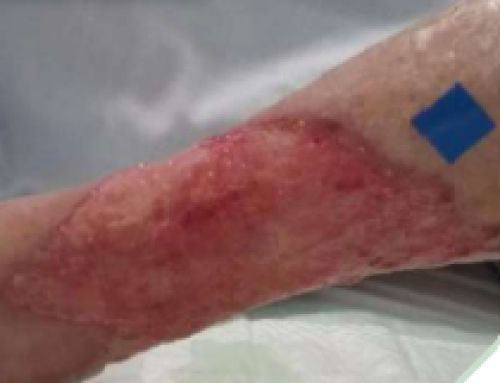Original Title (English): “The metamaterial formalism approach to recognize cancer (TETRA)”
Objective: establish the material formalism approach as a standardized and accepted method for the detection of cancer without the need for human intervention.
Key words: Metamaterial, Cancer, Artificial Intelligence,Machine Learning, Permittivity
TR2Lab research team members: Gemma Fuster
Early detection and effective treatment of cancer is of critical importance for increasing the chances of patient survival. The rapid development of machine learning (ML) and particularly deep learning has made significant improvements in the accuracy of cancer screening, detection, and monitoring a possibility. However, despite the advantages offered by ML, it has one significant disadvantage, that is the tremendous amount of computing resource required for analysis and interpretation of images. The TETRA Action brings together experts in biophotonics, computer science, imaging instrumentation, cell biology and pathology to explore the application of an alternative approach to automated cancer detection, based on the metamaterial formalism approach. This approach uses constructed artificial tissue-like metamaterials for phantom creation and requires much less computing resource. Members of the TETRA network will work together to optimise methodologies for experimental visualisation of biomedical tissues, develop new theories enabling digitisation and interpretation of biological tissues, and develop and test classification algorithms for automatic detection of cancerous zones. With the ultimate goal of the Action being the creation of the knowledge base needed for the future development of breakthrough technologies that exploit the metamaterial formalism approach for the fast and cost-effective detection of cancer, and the emergence of the novel field of material medicine.












Leave a Reply